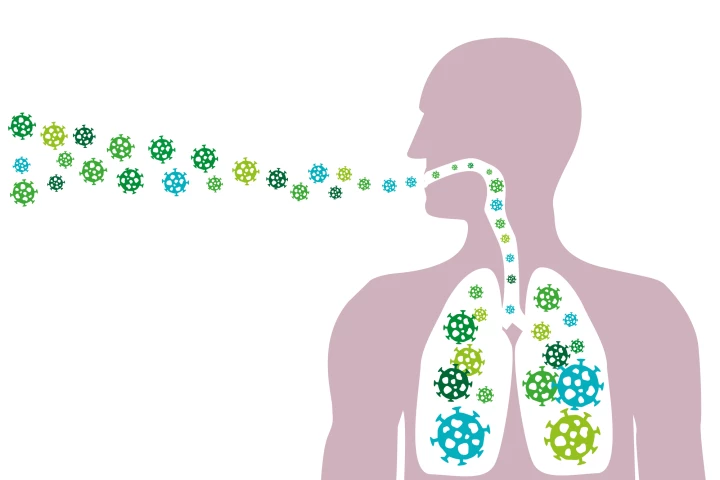University of Colorado
-
Studies are starting to demonstrate how one day we might be able to check the time of our body clock through a simple blood test, and a team at the University of Colorado Boulder has now put forward a promising new technique called "metabolomics."
-
A new study has provided the strongest evidence yet that a daily practice designed to strengthen breathing muscles can lower blood pressure and improve vascular health, just as effectively or perhaps even more so than aerobic exercise.
-
A review article has presented 10 key scientific reasons why the virus that causes COVID-19 is predominantly spread though the air. The research adds to a growing chorus of experts saying the evidence for airborne transmission is “overwhelming”.
-
A new device from scientists at the University of Colorado explores the everyday potential of thermoelectric technology, demonstrating a ring that harvests energy from the human body and can even repair itself when damaged.
-
The gravitational waves we’ve detected so far have been like tsunamis in the spacetime sea. Now, a 13-year survey of light from pulsars scattered across the galaxy may have revealed the first hints of gentle gravitational wave background signals.
-
A new study by scientists at the University of Colorado has examined the role increased water intake can play in obesity, and found that it can work to reduce the condition in mice by suppressing a key hormone called vasopressin.
-
Multicopter drones are becoming increasingly useful, but their exposed whirling propellers can get damaged in collisions, and inflict injuries on bystanders. A new prototype drone addresses that problem, by copying the pufferfish.
-
NASA has given the University of Colorado Boulder and Lockheed Martin the green light for the Janus mission, which tasks a pair of small satellites with returning the first high-resolution images of binary asteroids.
-
New research from the University of Colorado Boulder has offered some of the clearest evidence to date showing how the gut microbiome produces a metabolite that, over time, contributes to age-related declines in cardiovascular health.
-
A strange set of fossilized footprints has been discovered in South Korea which look like crocodile tracks – but the stride is that of a bipedal animal. Scientists concluded that ancient ancestors of crocodiles were walking around on two legs.
-
More than 100 years after a pair of imaginative physicists first proposed a new phase of liquid crystal, scientists at the University of Colorado Boulder have managed to produce it and have been left “stunned" by its behavior.
-
As readers who live in cold climates will likely already know, winter is not kind to concrete. That could be about to change, though, thanks to a polymer additive that mimics natural antifreeze.
Load More











